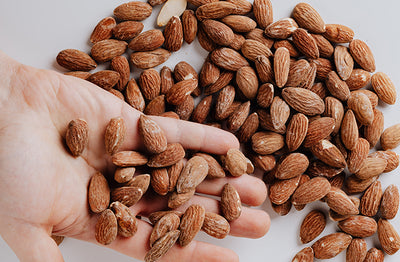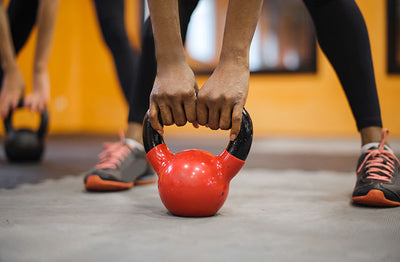If you’ve heard of one supplement, it’s usually Creatine
. You probably know someone who has taken it, but what is it, and why do so many people recommend it as the most important supplement you can take?
What is Creatine?
Creatine is a substance that we get from food, and also produce it in our bodies. It’s one of the most studied supplements in history. It’s been used by athletes to improve performance for around 40 years and the benefits of this supplement are still being discovered.
You can buy it in a few different forms. You might see Creatine Monohydrate, Creatine HCL or even a Creatine that is a blend of many different types. Some come in powder form like the popular
Optimum Nutrition Creatine Powder.
Creatine monohydrate is just creatine bonded to a water molecule, so it mixes easily and is absorbed quickly.
Creatine HCL works on the same idea, but it’s in the form of a salt, which dissolves in water rapidly too.
The complex blends are the Rolls Royce of
Creatine supplements. They use different forms of Creatine to get your body to absorb it at different rates. This means that you’re always topping up your creatine levels as the next creatine type is processed.
Why would I want it?
Creatine is a very useful supplement. It can help you train at a higher intensity and recover faster. This means that you can build more lean muscle, have more explosive energy and boost your fat loss.
How does it work?
Creatine can help you in a few ways. The major one is that once you have a bit of it in your muscles, your body can use it as an instant explosive energy source. It’s like strapping a rocket to a dragster. It lets you keep going harder for a little longer.
Say if you’re trying to do four sets of heavy bench presses, but keep failing on the last two sets, having more creatine in your muscles could be what you need to finish off those sets. The more work you do, the more lean muscle you can build, which will improve your strength and stamina, as well as lean muscle burning fat more efficiently than non-lean muscle.
Creatine also pulls more moisture into the muscles, which means that they are getting more nutrients with it, and flushing out more waste, which will help you recover quicker.
When should I take it?
There are a lot of opinions on when you should take it. some people believe that it’s not important when you take it, as long as you take it daily for several weeks, so you can build up stores of it in your muscles. Other people recommend taking it before exercise, after exercise, or even both.
When looking at all of that, it makes sense to take have the dose before and the other half afterwards if possible. That way, all your bases are covered.
Who is it best for?
Creatine is best for anyone looking to improve their explosive energy, or wanting to recover quickly from heavy exercise. Whether you play volleyball, do heavy lifts in the gym or moonlight as a pro-wrestler, you can benefit from it.
What are the side effects?
Because creatine brings moisture into your muscles, you need to keep your fluids up. If you’re dehydrated, creatine can cause cramps. You should be drinking a lot of water anyway though, so if you’re training right this will never happen to you.
Is it safe for women too?
Yes, Creatine is just as safe for women as it is for men. some women try to avoid it because they hear it can cause “bloating”.
This isn’t like water retention though. It’s the cells in your muscles getting bigger because of the water in them. Unlike water retention, your muscles will feel fuller and firmer. You may notice a gain of a kilo or two, but if you don’t like it, it’s easily removed though. Once you stop taking creatine, the extra moisture will drain away into your system over a couple of weeks.
Conclusion:
If you’re looking for a little extra help to build more explosive muscle, recover quicker or push out a new personal best on the bench press, creatine can be a great supplement to get your goals a little quicker.
Read More:















